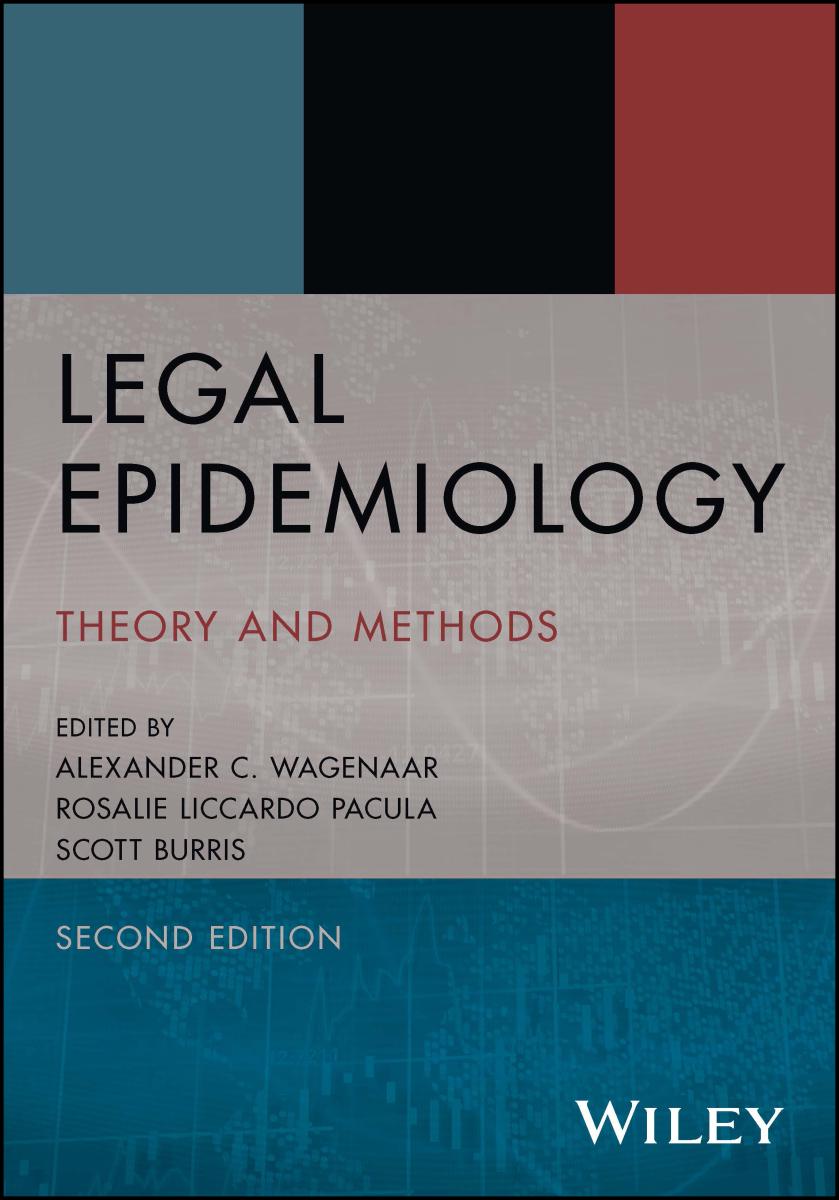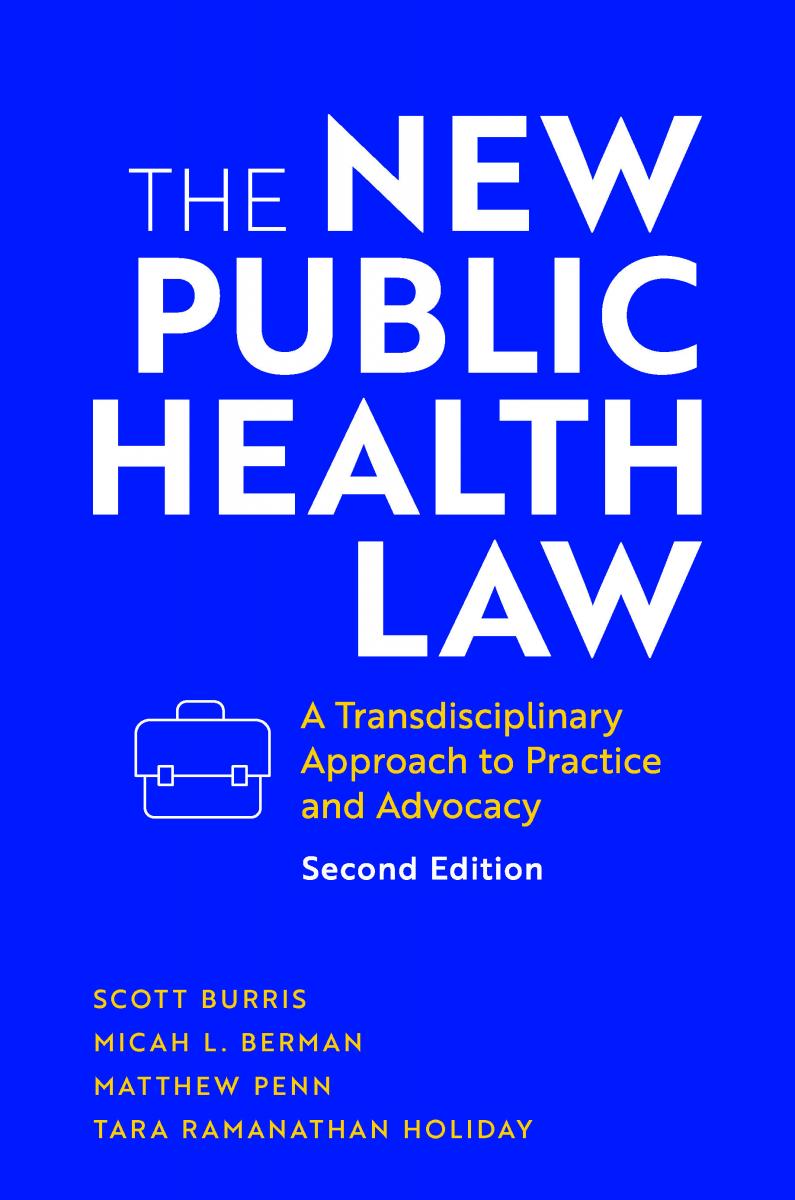Theory & Methods
INTRODUCTION
The resources in this section explain the scientific methods used to conduct research on the impact laws of laws and legal practices on public health, what we call public health law research or legal epidemiology.
The resources are designed to be useful both to experienced empirical researchers and to others who want to understand basic scientific concepts and methods. The four categories follow the stages of a project from the development of the research questions and design of the study, through the collection of data, to analysis. Many of the resources in this section are chapters from the book, “Public Health Law Research: Theory & Methods.”
FRAMING PUBLIC HEALTH LAW RESEARCH
The resources in this section focus on positioning public health law research in the broader context of public health science and the study of law. These resources define basic terms (like “law”), categorize the various forms of public health law research, and provide frameworks for understanding public health law and legal aspects of public health systems and services research.
UNDERSTANDING HOW LAW INFLUENCES ENVIRONMENTS AND BEHAVIOR
These resources discuss the many mechanisms through which law works to influence public health. Theories and perspectives in this section come from a number of distinct disciplines, including public health, economics, psychology, sociolegal studies and criminology.
IDENTIFYING AND MEASURING LEGAL VARIABLES
The starting point for a public health law research study is the careful and credible measurement of law itself. The resources in this section discuss how to conduct legal research and the coding of statutes, regulations and cases in a transparent and reproducible manner.
DESIGNING PUBLIC HEALTH LAW EVALUATIONS
The most important determinant of the quality of a public health law evaluation is the research design. The resources in this section outline the use of randomized experiments, natural experiments, cost-benefit analyses, and qualitative research strategies for the investigation of public health laws.
LEGAL EPIDEMIOLOGY TRAINING AND EDUCATIONAL RESOURCES
The Center offers a wide range of opportunities to advance your skills in legal epidemiology research methods — from self-guided modules in policy surveillance to a graduate-level certificate in public health law research.

 Legal Epidemiology: Theory and Methods definitively explores the mechanisms, theories and models central to public health law research – a field dedicated to measuring and studying law as a central means for advancing public health. Learn more by visiting the publisher's web page.
Legal Epidemiology: Theory and Methods definitively explores the mechanisms, theories and models central to public health law research – a field dedicated to measuring and studying law as a central means for advancing public health. Learn more by visiting the publisher's web page. The New Public Health Law is the first textbook to arm lawyers and public health professionals of any background with the tools to fully exploit the potential of law to improve public health. Its transdisciplinary approach breaks down complex legal processes into discrete and understandable stages, making it an indispensable roadmap for the difficult work of crafting, monitoring, and improving public health laws.
The New Public Health Law is the first textbook to arm lawyers and public health professionals of any background with the tools to fully exploit the potential of law to improve public health. Its transdisciplinary approach breaks down complex legal processes into discrete and understandable stages, making it an indispensable roadmap for the difficult work of crafting, monitoring, and improving public health laws.